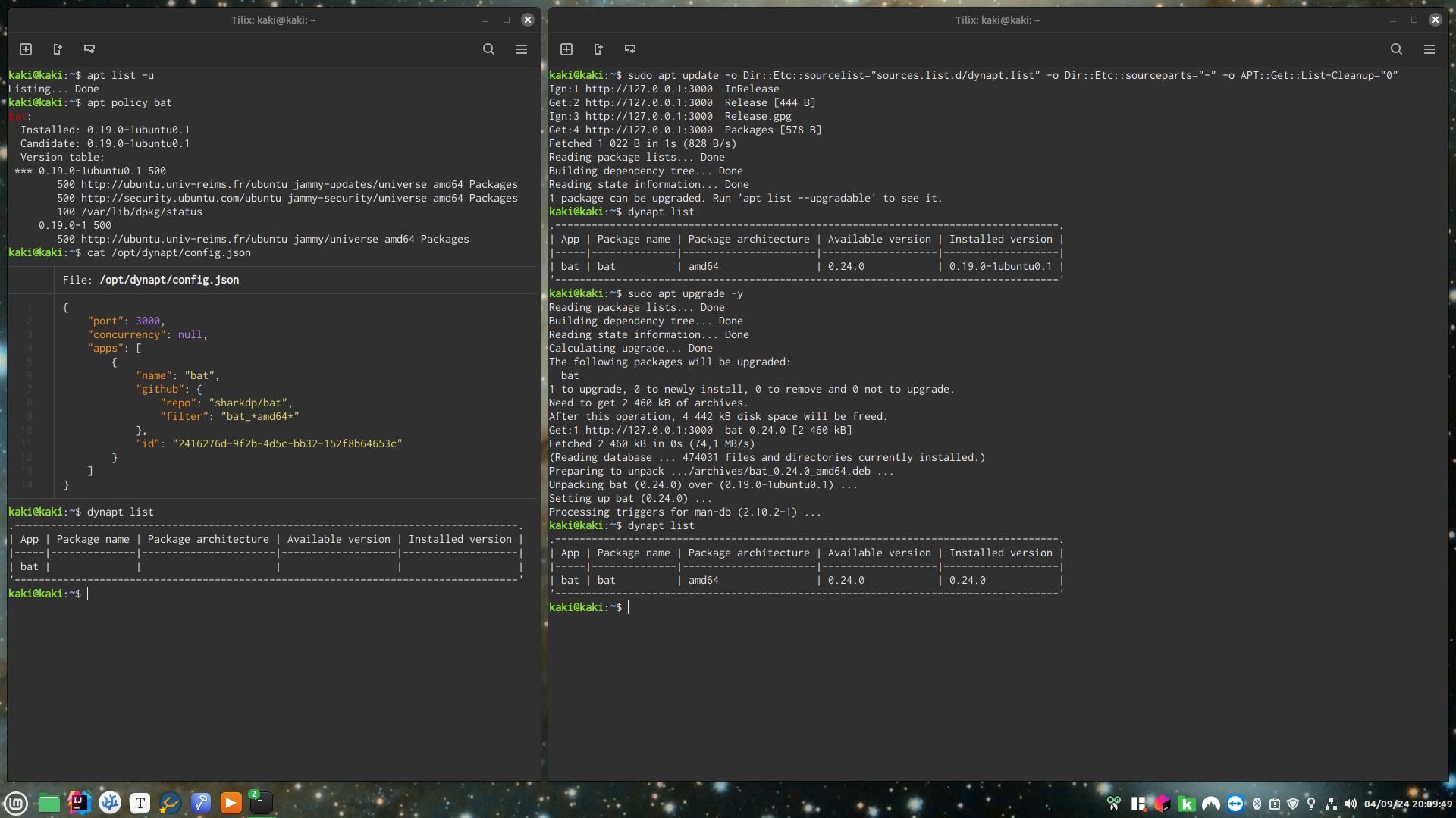202
you are viewing a single comment's thread
view the rest of the comments
view the rest of the comments
this post was submitted on 06 Sep 2024
202 points (99.5% liked)
Linux
57274 readers
422 users here now
From Wikipedia, the free encyclopedia
Linux is a family of open source Unix-like operating systems based on the Linux kernel, an operating system kernel first released on September 17, 1991 by Linus Torvalds. Linux is typically packaged in a Linux distribution (or distro for short).
Distributions include the Linux kernel and supporting system software and libraries, many of which are provided by the GNU Project. Many Linux distributions use the word "Linux" in their name, but the Free Software Foundation uses the name GNU/Linux to emphasize the importance of GNU software, causing some controversy.
Rules
- Posts must be relevant to operating systems running the Linux kernel. GNU/Linux or otherwise.
- No misinformation
- No NSFW content
- No hate speech, bigotry, etc
Related Communities
Community icon by Alpár-Etele Méder, licensed under CC BY 3.0
founded 6 years ago
MODERATORS

Sorry to be that guy, but this sounds like a cybersecurity nightmare. While everybody was busy to come up with schemes that make absolutely sure that only trusted sources can update a system to avoid having malicious players push their code to users, this one just takes any rando's pile of whatever and injects it straight into the system's core? Like, that doesn't sound like a good idea.
Well, I'm just automating what people currently have to do manually : visit GitHub and download DEB and install DEB.
If the automated process would be dangerous then the manual process also would be, and that would be on the maintainer for not providing an APT repository or a Flatpak, not on the user for just downloading from GitHub.
Yeah. You should never do that. Like ever. Build from source; or use a vendored tarball. https://wiki.debian.org/DontBreakDebian
.deb is a terribly insecure nightmare thats held up by the excellent debian packagers, gpg , and checksums, and stable release model. don't use .deb files.
I'm and end user working for end users.
Yeah, we all are. What's your point?
End users are also developers. All computer users are developers. You are developing.
By making a script that lets me get backdoors and shitty packages with ease? The linux package distribution system is a nightmare, Debian is the least bad approach. There is basically always a better option to using a .deb file. If you come across something that isn't packaged, I recommend Flatpak, building from source (and installing unprivileged), or using the developers vendored tarball (installing unprivileged).
https://wiki.debian.org/SecureApt
By using local .debs you lose the benefit of:
My point is that I'm working a solution for end users.
The solutions you're offering are not user-friendly.